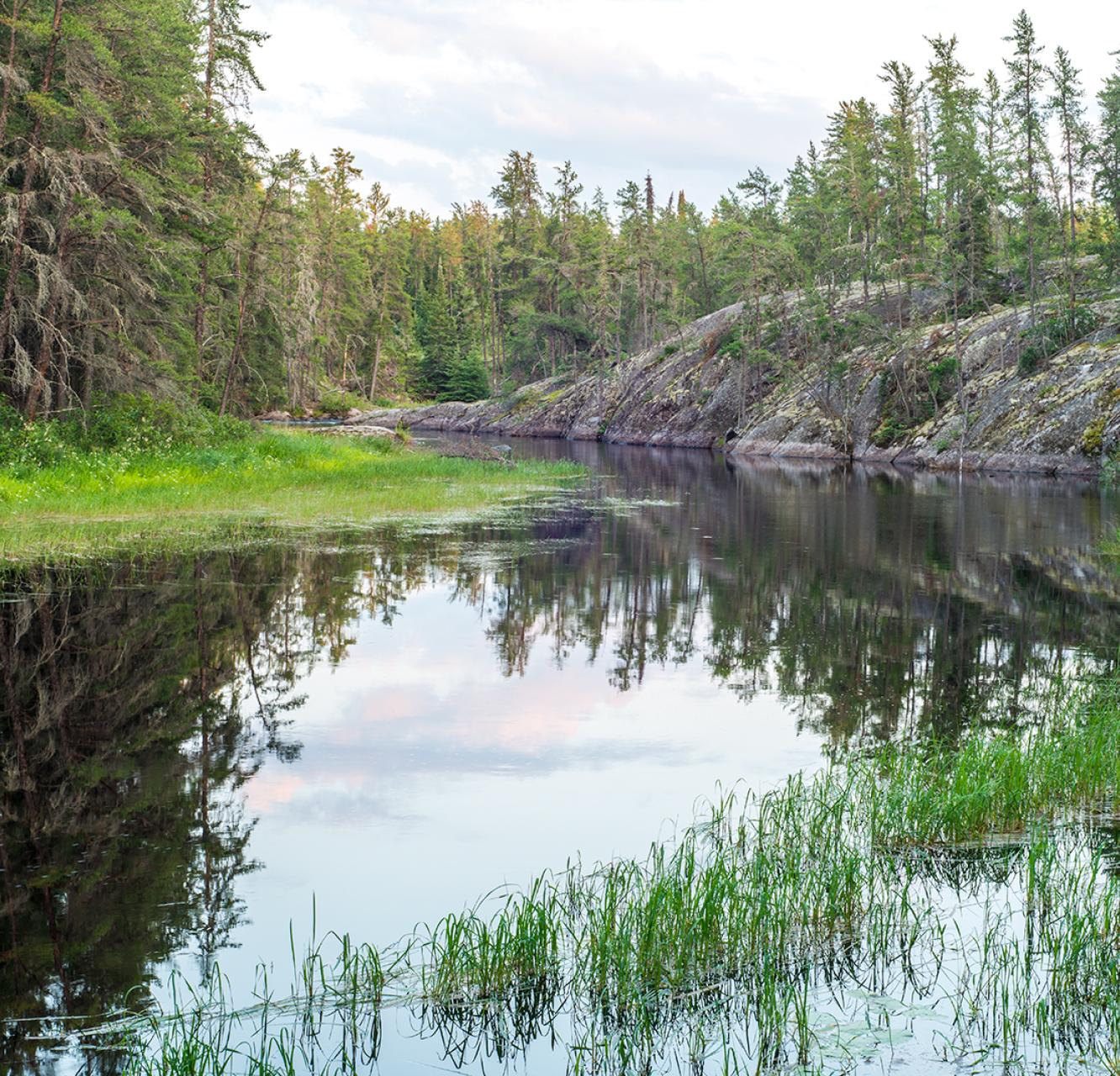BiPole III, Manitoba’s next Transmission Corridor
Friday, December 24, 2010
Manitoba’s next hydro transmission corridor is still lingering in public discussions, far more so now than when the actual decision about routing the hydro line was made in 2007. In no way is this good news for Manitobans, unfortunately.
Pages of articles and thousands of words could be written about this issue, and likely will still be written. I will provide another update in the next couple weeks, but I’ll just mention a few things here.
Until now, I would never have imagined that an issue could be so politicized with so many myths and lies. However, that is the case with BiPole 3. The decision is whether to run the line down the east side of Manitoba or down the west side. That is the core issue. The decision, despite constant claims to the contrary, is about either preserving or protecting wilderness, or about making money. That is it. As long as people can strip this issue back to the basic concern, it becomes easier to look at.
I love wilderness. I am fascinated by the interconnectivity of plant communities, and the way they adapt to the terrain, how water affects the landscape, and how the terrain, water, and vegetation determines the wildlife you will find. I love to stand in the forest and think about all these things as I look around. I expect that most of the nearly 70,000 supporters of the Wilderness Committee feel the same way—we have a love of nature and a desire to preserve it. Wilderness and nature are at the core of who we are as Canadians. If you value wilderness and nature you will know what a gift the intact Heart of the Boreal region is. The greatest forest remaining in North America, one of the greatest in the world—it is amazing to think we have a chance to make a difference on an area like this. So far, we’ve delivered more than 16,000 signed opinion cards to the government, all from Manitobans and all of them asking that the integrity of the Heart of the Boreal be preserved. And guess what? The government listened! As most of you will know, we are not cheerleaders for government, but they got this decision right.
Next let’s look at the costs. We can attempt to run a line through the Heart of the Boreal, or we can run it down the west side of the province. The only reason to run it down the East Side is to create a greater profit margin on hydro export sales. It won’t actually cost Manitobans more money, although we will make less money in the long run. An upfront cost to Manitoba hydro will be higher, at least $500 million more. That figure should be looked at in context, just as the Heart of the boreal is compared to other forest regions. Manitoba Hydro is planning on spending $20 billion in the next decade on development, including BiPole 3. That means we are spending around 3 cents more on the dollar to save the East Side from destructive development.
Would you spend 3 percent more to buy a loaf of multigrain or whole wheat bread for your family, knowing it is better for them in the long run? Do you buy things that cost a little more because they’re better for you or your family, like a car with a better safety rating or a pair of hockey pads that offer better protection? I do, and I’m sure you do to.
As I said, it comes down to money or wilderness. Would you spend extra money to preserve the greatest piece of wilderness Canada has left? I will, gladly. Our great grandchildren will thank us.
As I mentioned earlier, the government got this one right, but their message isn’t being picked up in the main stream media either. Below is a letter that Conservation Minister Blaikie wrote recently, in response to three separate opinion pieces published on the same day, all pushing for an east side line. This is a worthwhile read.
- Eric Reder





